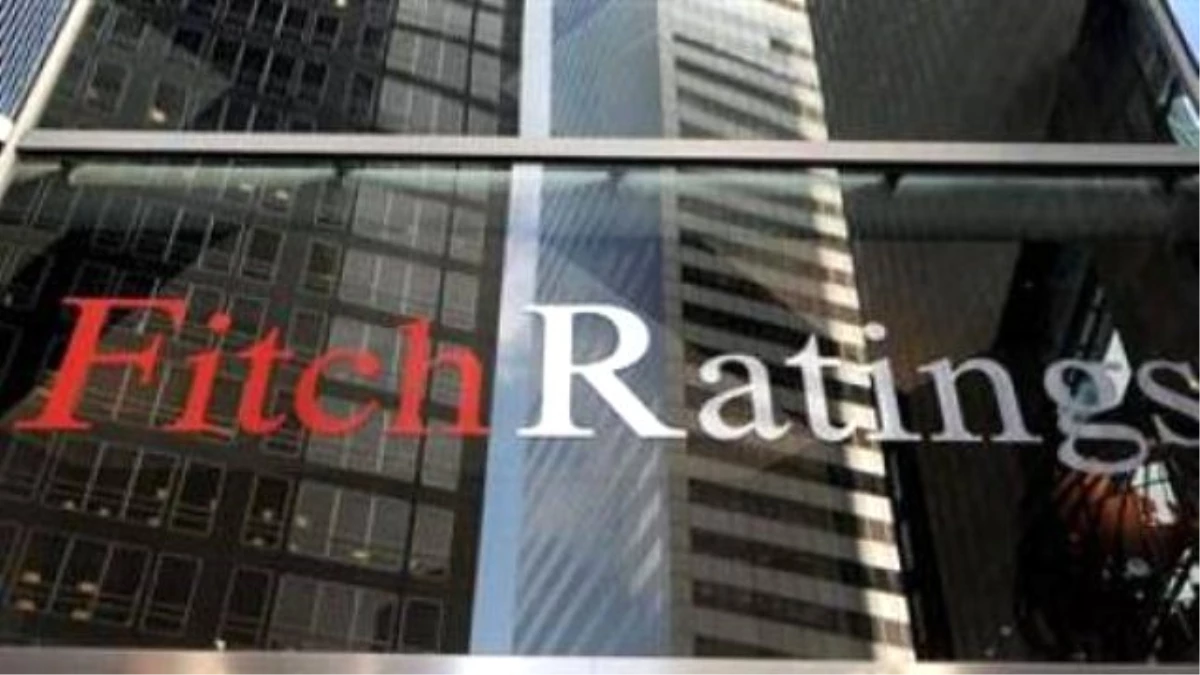Fitch: European 2015 Car Sales Seen To Rise By 2.5-3.0 Pct.

Fitch Ratings said, believed that the fall in oil prices to a 6-year low at less than 50 dollars a barrel would not lead to a significant short-term jump in European new vehicle sales, the biggest export market of Turkey's automotive industry, although sustained low prices could have a medium term impact.
Fitch Ratings said, believed that the fall in oil prices to a 6-year low at less than 50 dollars a barrel would not lead to a significant short-term jump in European new vehicle sales, the biggest export market of Turkey's automotive industry, although sustained low prices could have a medium term impact.
"We maintain our current base case of an approximately 2.5 percent-3 percent growth in auto sales in Western Europe in 2015, following a 4.8 percent increase in 2014" Fitch said in a report.
Turkey's automotive exports to European Union countries increased by 11.11 percent in 2014, almost 2.5 times of the rise in the general exports over the same period. Automotive exports to EU countries was at 73.75 percent of total automotive exports.
"We believe that demand for cars will continue to be driven primarily by other economic variables including unemployment, disposable income, fiscal and interest policies and consumer and corporate confidence, rather than more distant considerations about the cost of using a car. In addition, gasoline prices in most European countries contain a high proportion of taxes, which acts as a buffer limiting the effects of Brent price movements."
The situation in Europe was somewhat different from the US, where short-term correlation of new vehicle sales to oil prices had been greater, Fitch said in the report, where sales of light trucks, including large SUVs and pickups have typically benefitted from declines in gasoline prices.
"Nonetheless, sustained lower European gasoline prices could increase average mileage and ultimately increase the rate at which buyers replace their vehicles, due to quicker ageing and more breakdowns from higher distance driven. This could be slightly positive for auto sales in the medium term."
Sustained low gasoline prices could also be detrimental to manufacturers' strategies in their efforts to drastically improve fuel consumption and meet stringent regulations on emissions, said in the report, while low gasoline prices could entice customers to stick to vehicles with traditional combustion engines and deter them from considering the purchase of vehicles with more fuel-efficient alternative powertrains, including electric, hybrid and fuel cell engines.
"Should gasoline remain sustainably cheap, future efforts from governments and manufacturers to develop infrastructure and promote the use of vehicles with alternative propulsion technologies will be critical." - Istanbul









